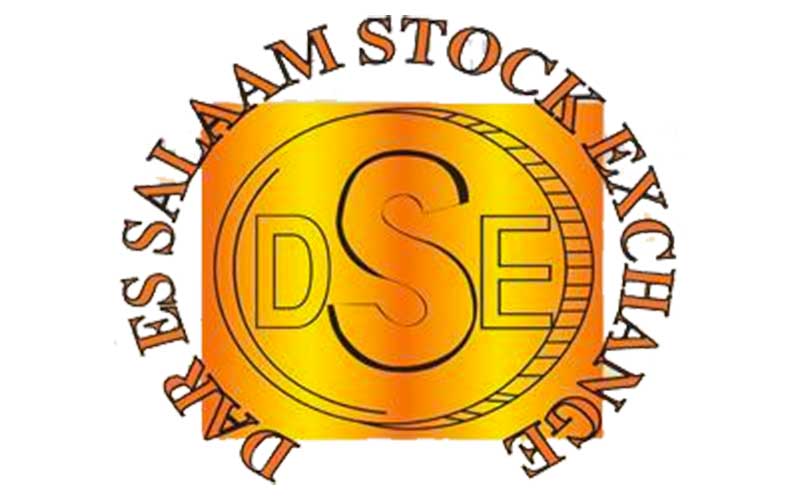The President of Zanzibar, Dr Hussain Ali Mwinyi, along with his presidential delegation visited Asyad Group at Sohar Port and Freezone. During the knowledge-sharing visit, Asyad Group showcased its role as Oman’s logistics arm offering competitive advantages and world-class solutions to promote trade and economic activities between the Sultanate of Oman and Zanzibar.
Asyad Group introduced its full suite of logistics solutions including its first-rate ports, free zones, shipping and drydock services and assets, in addition to its direct containership lines, transshipment, cold chain, e-commerce, and last mile delivery solutions during the tour of Sohar Port and Freezone facilities.
The visit was an opportunity to restate the strategic role played by Asyad Group in boosting the competitiveness of Oman’s ports and linking them with direct shipping lines and offering business players rapid access to global markets, a statement by Asyad group said.

Talks were held about the tangible benefits Zanzibar business players can derive from Omani ports to export their goods to neighbouring regional and Asian markets. The bilateral discussions stressed the importance of promoting Omani exports and opening new prospects for Omani products in the African markets, the statement said.
The President’s visit to Sohar Port and Freezone included an introductory tour of the Port’s premium operations and infrastructure. The port, being a gateway to the world and situated at the crossroads of navigational routes, is well-positioned to provide accelerated access to more than 3 billion people across the globe. The Port’s operations are bolstered by the integrated logistics solutions provided by Asyad Group, ensuring the efficiency of global supply chains.
The President was furthermore introduced to the investment incentives offered by Sohar Freezone to attract major global companies to expand their investments in Oman and access emerging markets, including the burgeoning markets across Africa.
Abdulrahman Salim Al Hatmi, CEO of the Asyad Group, said: “This celebrated visit of His Excellency Dr. Hussain Ali Mwinyi to Asyad Group commemorates Oman’s long-standing history with Zanzibar and represents a significant opportunity for Asyad to retell its story of logistics excellence. This historic event solidifies the Group’s strategy to expand its presence in African and global markets, benefiting from the Belt and Road Initiative. Entrenching the weight of Oman and its position in global trade, the visit cements our historical relationship with East Africa which continues to be economically promising.”
“Aligning our two countries’ logistics operations will further the opportunities to increase trade between Oman and Africa and connect local exports to rapidly growing African markets,” he stressed.
On his part, Omar bin Mahmoud Al-Mahrazi, CEO of Sohar Freezone and Executive Vice President of Sohar Port, said: “Sohar Port, with its infrastructure, strategic location, and operational efficiency, is an exemplary model for the port’s globally competitive services. It is an appealing commercial gateway to the world’s largest global partners, offering a fertile trading environment and potential for economic growth.”
“Sohar Port and Freezone work hand in hand to provide a set of incentives and attractive advantages for sectors that include petrochemicals and raw materials, as part of Asyad Group’s integrated logistics offerings. To optimize our customers’ experience, all ports operations and processes are digitized to accelerate customs clearance through our one-stop-shop and pre-clearance system. Today, our customers can clear their shipments Oman’s ports within 21 minutes,” Al-Mahrazi added.
At the conclusion of his visit, the President of Zanzibar commended the strategic plans and objectives for the logistics sector set by the Sultanate of Oman and spearheaded by Asyad Group to provide competitive and global logistics services, consolidate trade and economic ties between the two countries, share knowledge and exchange experiences to benefit from the international best practices implemented in Oman ports.
SOURCE: ZAWYA







